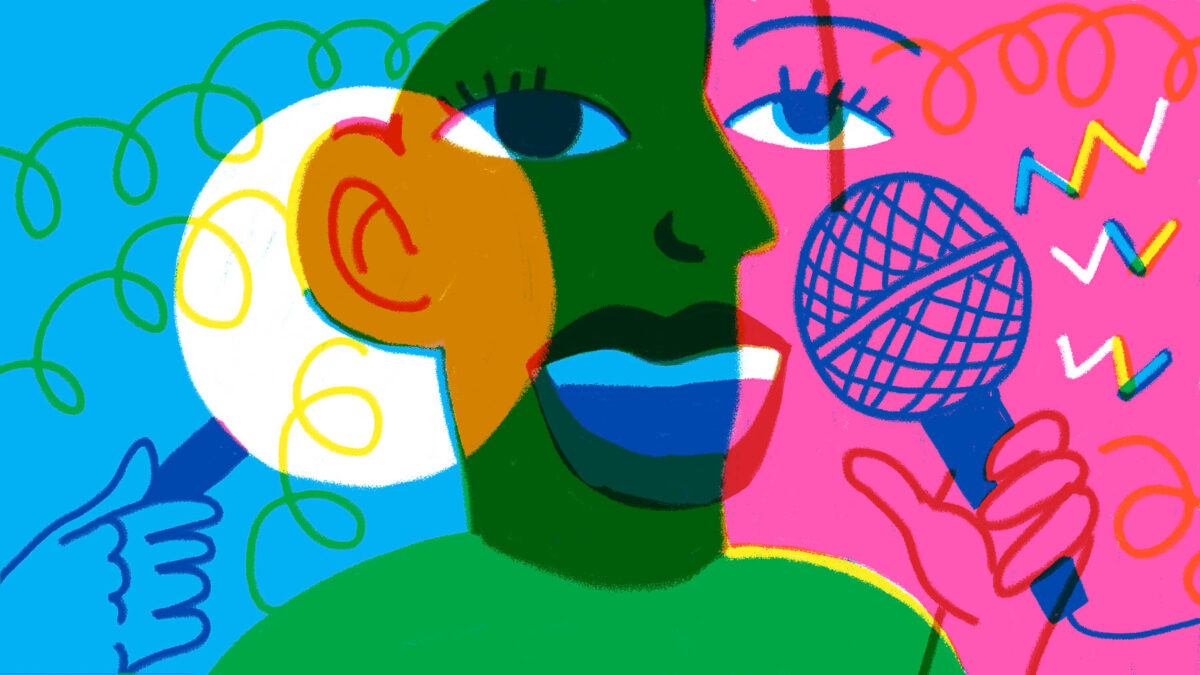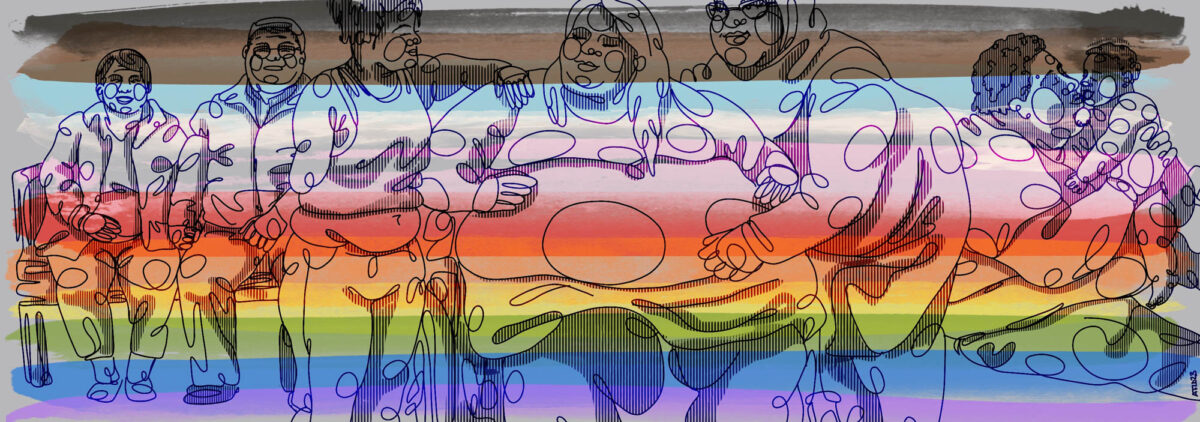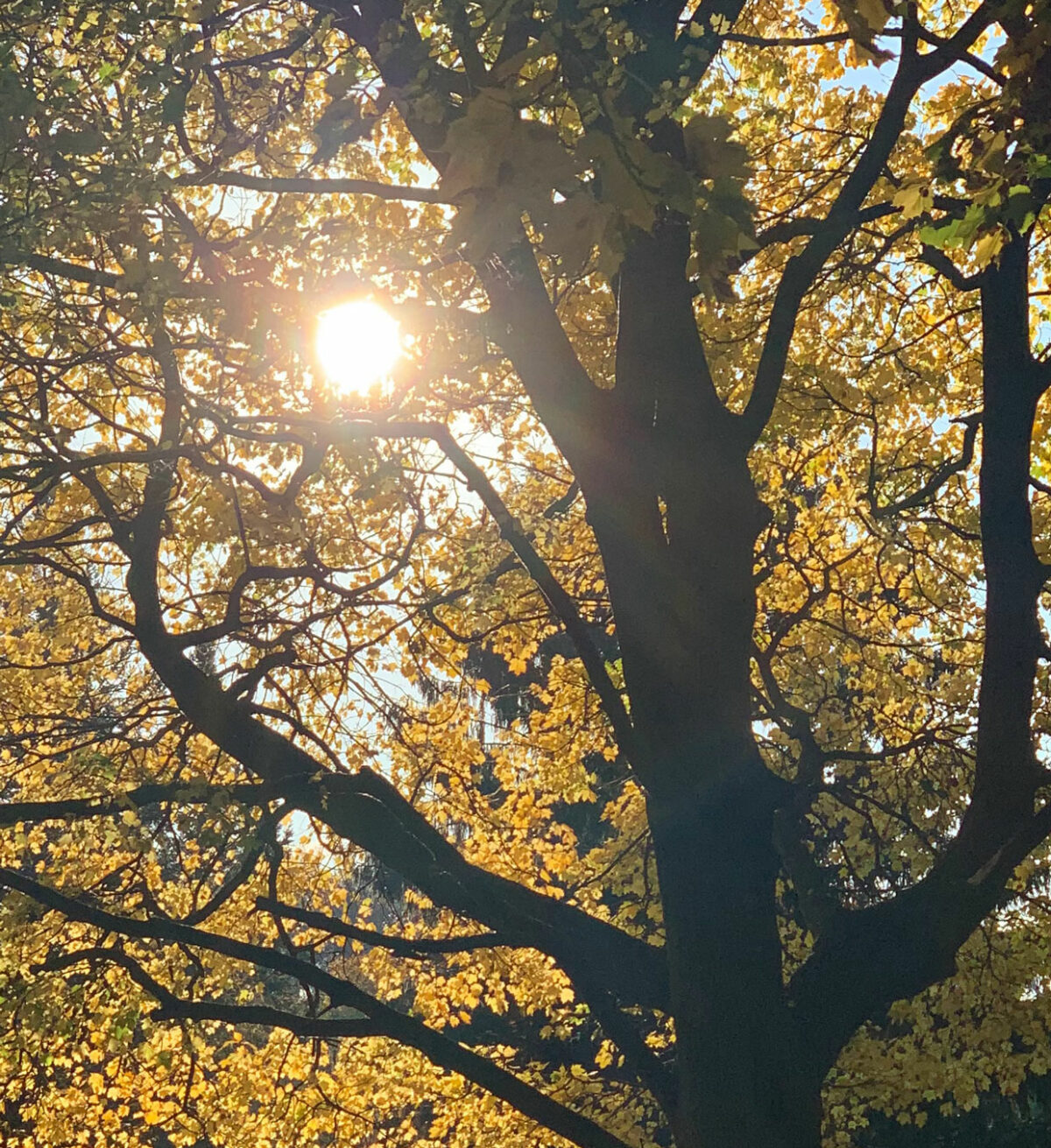In teaching and advising undergraduate students at a large public institution, I find that my agenda is at odds not only with the university’s intent, but even with colleagues who think themselves at the forefront of liberatory thinking. I came into my Master’s program set on studying Black fat women’s and femmes’ experiences of microaggressions in hopes of articulating our marginality through Critical Race Theory and the intellectual spirit of Chester Pierce. As a Black psychologist, Pierce (1970, 1995) theorized the psychological impact of racialized experiences on Black people’s mental and emotional wellbeing initially as “offensive mechanisms” and later coined the daily confrontations with racialized terror as “racial microaggressions.” In analyzing such experiences, Pierce described racial microaggressions as “subtle and stunning,” with the “enormity” of daily confrontations with racialized terror only fully understood “when one considers that these subtle blows are delivered incessantly” (1970, p. 266). Pierce’s notion of daily, subtle, and incessant racial indignations has transformed my understanding of racism. Previously conceiving of racial discrimination in the dramatic and spectacular sense, Pierce’s rethinking of racism as everyday systemic, institutional, and individual acts of bias has reframed my efforts to redress racism.
Senyonga, M. (2019). Reading and affirming alternatives in the academy: Black fat queer femme embodiment. In M. Friedman, C. Rice, & J. Rinaldi (Eds.), Thickening fat: Fat studies, intersectionality and social justice (pp. 219–229). Routledge.





